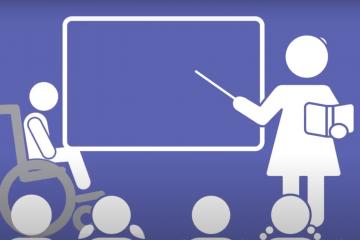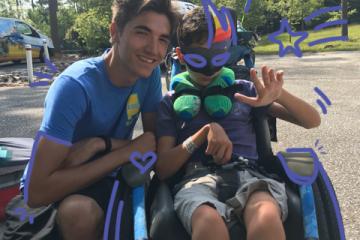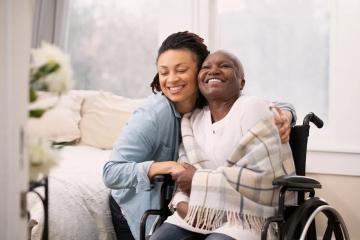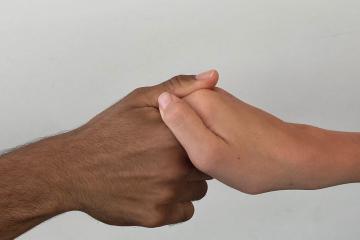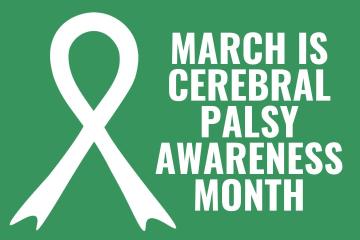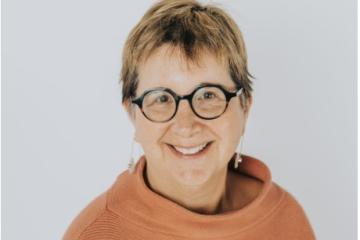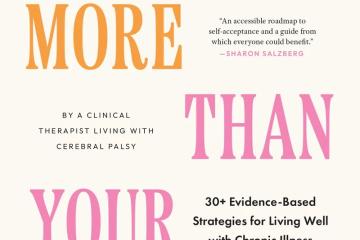Episode 5: Cerebral Palsy Health. Wendy Pierce, MD: What Does a Physiatrist Do Anyway?
On this episode, I have the honor of talking with Wendy Pierce, MD, a pediatric physiatrist at Colorado Children's Hospital about physiatry, also known as Physical Medicine and Rehabilitation. This fantastic field of medicine can be helpful for individuals with cerebral palsy across with lifespan, but it has a confusing name and sometimes a confusing job description. So we set out to help listeners better understand what a physiatrist does.
We discuss the history of physiatry, the conditions they treat, the types of medical interventions they utilize, and what the practice of physiatry looks like for individuals with cerebral palsy.
Dr. Wendy Pierce is board certified in Physical Medicine and Rehabilitation with a pediatric subspecialty. Her focus is on improving the function of children with chronic illnesses including cerebral palsy. She earned her medical degree from Northwestern University and completed her residency at Baylor College of Medicine. She started at Children's Hospital Colorado, where she completed a fellowship in pediatric rehabilitation medicine. Dr. Pierce began her career at Rady Children's Hospital San Diego then in April 2014 started at Children’s Rehabilitation Clinic in Colorado Springs. She is faculty at the University of Colorado.
She has served on several committees of the American Academy for Cerebral Palsy and Developmental Medicine. She is a member of the data review team for the clinical gait lab at Children’s Hospital and serves on the board of the Commission of Motion Lab Accreditation.
She and her husband Aaron have volunteered for the adaptive ski program at Children’s Hospital Colorado, which is how they met. She serves as bus staff and medical consultant. Her husband is a sit ski instructor for the program. Her husband is a mechanical engineer by training and now works for Numotion as an Assistive Technology Professional. They have 2 happy girls – Penelope age 4 and Abigail age 2 and 1 cat and 6 hens.
I do get inspired by families and patients because they are on an uphill battle in society, and so I just really enjoy watching that journey as people are working through new disabilities or disabilities that they've had for years.



